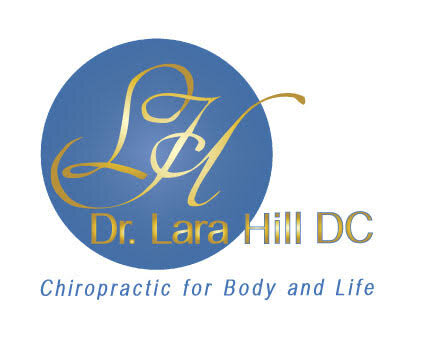8 Tips to Help Your Body Adjust to the End of Daylight Savings Time
It's just one hour, right? Yet every year it throws our bodies for a loop. Actually, our body's circadian rhythm thrives on consistency and the slightest change can disrupt our mind and body including diminished serotonin and melatonin.
Here are a few tips to help your body adjust to the Time change this year.
#1 Go to bed at the same time each night.
You get your best sleep before midnight, so if you commit to an early-ish time, then keep going to sleep at the same time, you'll sleep better and feel more rested in the morning.
#2 Get a head start on the day.
Of course this starts with getting to bed early enough. Create a morning routine that motivates you enough to get up for it! I recommend reading the Miracle Morning.
#3 Soak Up the Morning Sunshine
Since we get SO little sunshine, you'll want to embrace the morning rays as much as you can! Also exposure to sun in the first 15 minutes of waking helps regulate our sleep-wake cycle, and feel more alert and energized, and less sleepy. Try a light therapy device if you wake too early for this trick.
#4 Eat a Healthy Breakfast and Nutrient-Dense Whole Foods all Day
Being mindful of with what you are filling your body from start to finish will help regulate your energy. Avoiding sugary foods will help avoid the crashes, and sleep disturbances, and loading up the nutrients and antioxidants will help your energy sail when you need it. Think leafy greens, salmon, nuts, seeds, and sweet potatoes.
#5 Avoid Napping and Caffeine
When you're tired, it might seem appealing, but you are more likely to go to sleep later and dysregulate your circadian rhythm. Try going to sleep early instead. If you do need to nap, keeping your body partially upright will help you wake up easier and feel less groggy for the rest of the day.
#6 Bust a Move
When you're low on energy, breaking a sweat may be the last thing you want to do, but in reality exercising gives you energy. Morning exercise helps focus, energy and productivity all day, and is beneficial for supporting sleep.
#7 Avoid Bedtime Screen Time
The blue light in TV screens and phones activates the part of your brain that thinks it's daytime! Even certain lights meant to be "daylight" mimicking can do this, so opt for warm lights and and book for the last two hours before bed.
#8 Bust stress
This is one of the most important tips. Stress is one of the leading causes of sleep disturbances. So, build in times for stillness and unwinding with meditation, journaling, and breathing exercises. (Try apps like Breathwrk, 5 Minute Journal, or Balance). Create a soothing nighttime winddown routine with a calming yoga flow, relaxing essential oils, or a relaxing cup of tea. Regular chiropractic care helps the nervous system self-regulate better, and our care members report greater levels of ease in circumstances that would have stressed them out before
Nice and Easy
Many of us don't think of routine itself as a health practice, but the more you can get in rhythm with your body's needs the better you will feel, when we "Fall Back" and all year long.
Dr. Lara Hill is a Holistic Chiropractor in Duluth, MN. Her gentle care is focused on identifying the root cause rather than symptoms, and works with helping the nervous system self-regulate your body in all ways, rather than forcefully moving bones. Clients regularly report more energy, better regulated emotions, improved posture, and more ease in their body and breath.
